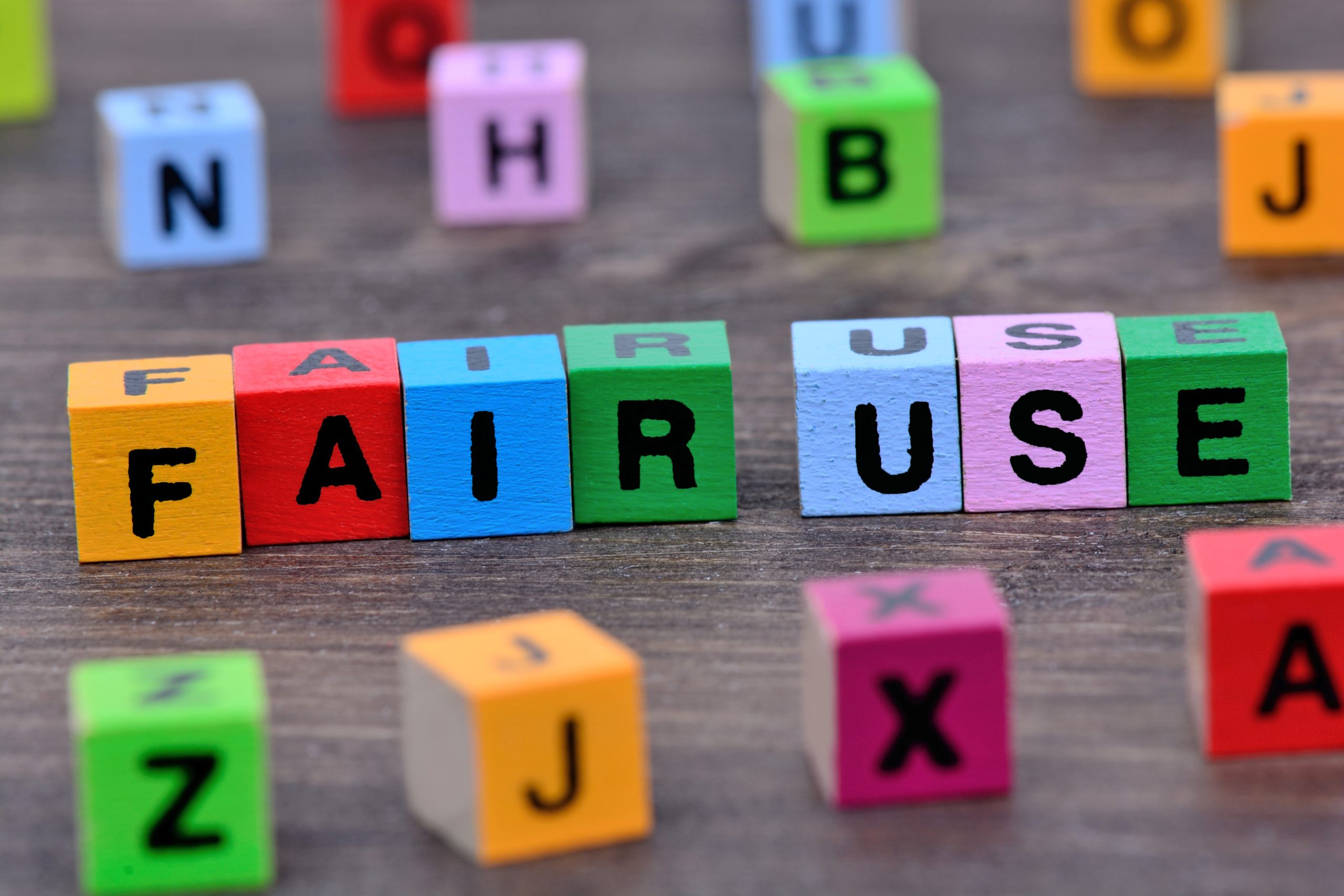Risks of Non-Compliance
September 19, 2023 | Carole Clark Isakson
At Barna, Guzy & Steffen, our corporate practice group monitors developments related to the Corporate Transparency Act (CTA). We have addressed various aspects of the CTA in previous blog posts. We recommend reviewing those if you haven’t already done so. Today, we aim to highlight potential implications and risks of non-compliance. Regulations and Disclosures The Financial Crimes Enforcement Network (FinCEN), a bureau within the U.S. Treasury Department, has recently proposed final rules related to the enforcement of the CTA. The bureau’s primary objective is eliminating corporate anonymity and hindering money laundering activities. While the final regulations interpreting and giving detailed compliance instructions on the CTA are not yet available as of the date of this post, a person will be required to make disclosures to FinCEN starting on January 1, 2024, if the person: participated in forming a corporate entity; or owns more than 25% of an entity; or has significant control over an entity, such as making hiring and firing decisions at the C-suite level. You will also need to report to FinCEN when there are changes to the information in the initial report, such as when you relocate or when the ownership or control of the underlying entity changes. Significant Consequences of Non-Compliance Any individual who intentionally supplies false information or…
Read MoreThe Supreme Court Decision on Fair Use: What It Means for Our Clients
September 19, 2023 | Carole Clark Isakson
The landscape of copyright law is in transition after a recent Supreme Court decision that could redefine how we approach fair use. The Andy Warhol Foundation v. Goldsmith case has significant implications for our clients, particularly those who regularly use or create copyrighted materials. Here’s our breakdown of this landmark Supreme Court decision on fair use and what it might mean for you. Protecting Original Work At the heart of copyright law is the protection of original work. When you create something unique, you automatically receive the exclusive right to use and distribute that creation. The purpose of this right is to stimulate innovation and creativity, assuring creators that they will benefit from their work. The Fair Use Doctrine and Permitting Unlicensed Use Often considered a life-saving exception for content creators, educators, journalists, and others, the fair use doctrine is a crucial component of copyright law. It’s essentially a legal doctrine that promotes freedom of expression by permitting the unlicensed use of copyright-protected works in certain circumstances. Specific Circumstances Under the Fair Use Doctrine The fair use doctrine does not offer a free pass to use copyright-protected works indiscriminately, but instead provides a framework where certain types of usage are considered legally permissible. It’s worth noting that there are no rigid rules about…
Read More

